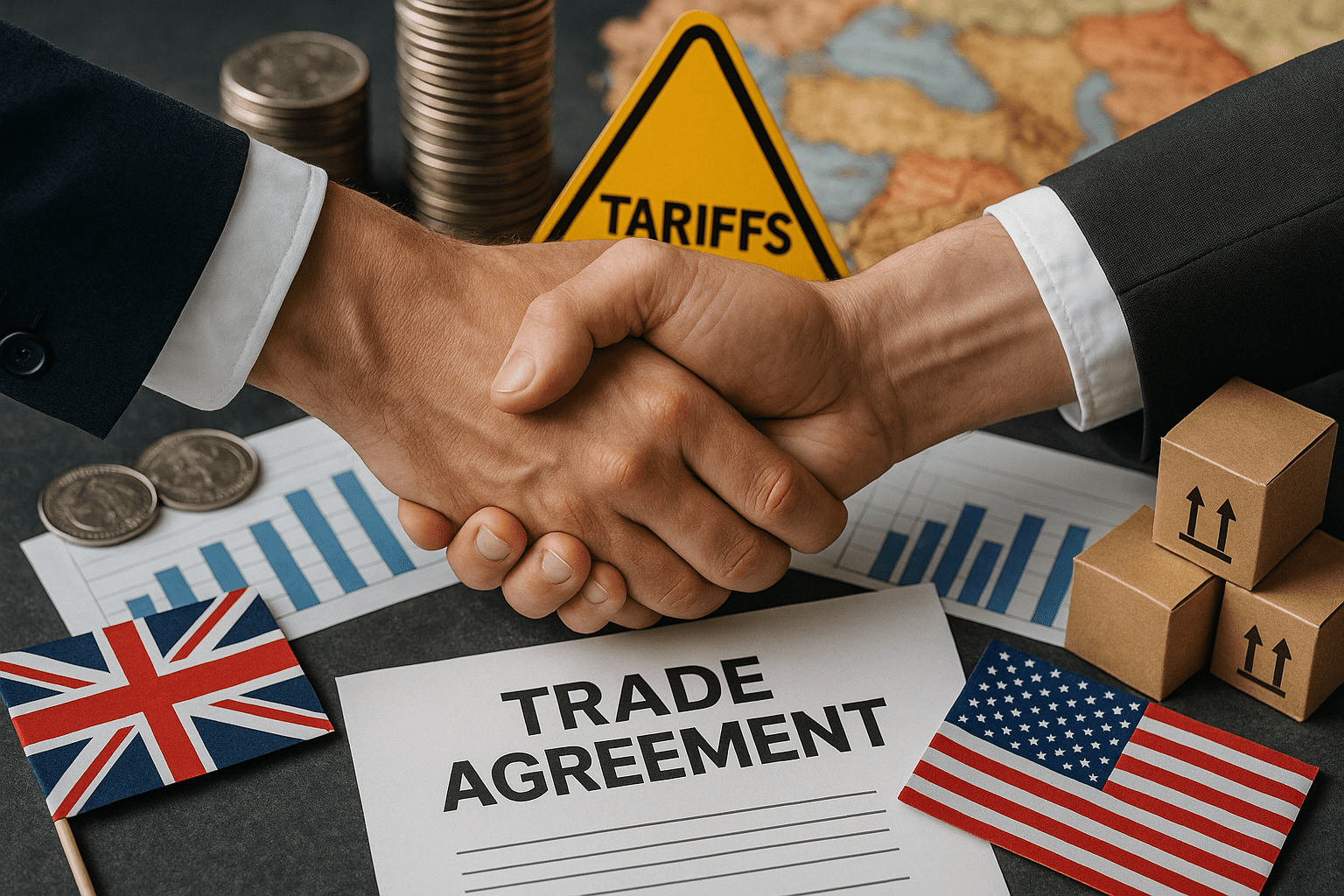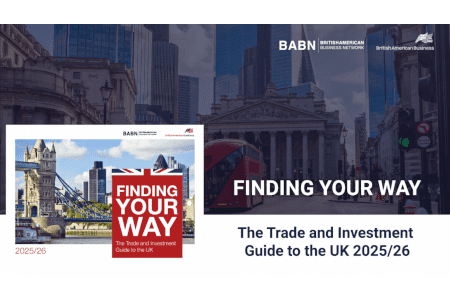UK Export Finance: Exporting in the Middle East
UK companies looking to grow their businesses overseas have long looked to the Middle East for trading partners. The Gulf region is rich in natural resources and linked to the UK by long historical trade relationships. In the four quarters to the end of Q2 2019, total UK exports to Gulf Cooperation Council (GCC) amounted to £27.9bn, accounting for 4.3% of all UK exports globally.
Why the Middle East?
The Gulf States have governments actively pursuing policies to diversify their business sectors and accelerate infrastructure, social and economic development. Such ambitious programmes, including the UAE’s Vision 2021, Saudi’s Vision 2030, and Qatar’s Vision 2030, will require considerable investment – as well as expertise – to implement. Projects span all sectors, including infrastructure, education, healthcare, entertainment and business.
Given the scale of the plans, it is clear why governments in the region are looking to UK companies for world-leading goods and expertise they can trust. British businesses are recognised for the quality and innovation of their products and services, and have a demonstrable track record across the region’s priority sectors.
For UK businesses looking to trade with the Gulf States, there are various benefits common to all which make for particularly attractive trading partners. These include growing diversification within GCC economies; significant ongoing government investment in transport, infrastructure, healthcare, education and energy; as well as the common use of English in business. Many, such as the United Arab Emirates (UAE), also have a large expatriate population with strong cultural and historical ties to the UK.
The role of UK Export Finance
As is the case with many foreign markets, exporting to the Middle East is not without its challenges. These can include difficulty managing exporting procedures and paperwork, the length of time it takes to get paid by foreign buyers and the risk of non-payment. Problems arising from late payments include cash flow issues, delayed supplier payments and reduced profit performance.
This is where UK Export Finance (UKEF) comes in. As the UK’s export credit agency, its role is to provide the finance and insurance to help UK companies fulfil export contracts and complete projects around the world. UKEF takes pride in its flexible and unique support – as the world’s first export credit agency, established in 1919, it has a century of experience behind it to help UK exporters and international project sponsors do business.
Finding the right financial structure is often the key to export success. UKEF can offer UK businesses and their overseas buyers a range of flexible solutions; whether project financing, Islamic finance, a loan from the UK government or a guarantee on a bank loan in any of a number of Middle Eastern currencies.
UKEF also has billions of pounds worth of capacity to support projects across the Middle East. It currently provides short, medium and long term cover for all six GCC states, with market risk appetite ranging from £500 million in Oman to at least £4 billion in Saudi Arabia and the UAE.
Coupled with the excellence of UK goods and services, this attractive finance makes for a compelling UK offer.
One such business that has benefitted from UKEF’s support is Welsh manufacturer, Flamgard Calidair. The company recently won a €4 million contract to provide smoke and fire dampers for the Riyadh Metro project in Saudi Arabia – the world’s biggest urban rail project outside China. The project itself had demanding technical specifications and this, combined with the logistical challenges of operating in a foreign market, made for a particularly complex undertaking.
UKEF provided essential bond support and a flexible working capital scheme, without which Flamgard Calidair would have been unable to take on a project of this size.
Shuresh Maran, Business Development Director at Flamgard Calidair, said: “Our exports are usually 40-50% of the business, but this year exports will be around 80% of our trade. As an SME, we wouldn’t be able to bid for these larger contracts without support, so guarantees like this are crucial for smaller firms to be able to pitch for big, chunky pieces of work, which is what our product is designed for.”
In 2018, UKEF also provided more than £100 million worth of support for the construction of the fourth phase of the Dubai World Trade Centre, the epicentre for business in the Middle East. The fourth phase, carried out by ASGC UK, saw the construction of an onsite hotel, with nearly half of the supplies and services for the project coming from UK businesses.
Every project is different, and understanding each project and its objectives is key to making the UK offer as attractive as possible. To this end, UKEF has made the GCC one of the first regions in the world to have a dedicated UKEF team based in market, providing finance expertise to complement the trade support on offer from the Department for International Trade.
Just like the UK businesses it supports, UKEF is a recognised and valued partner across the Middle East for the flexibility and innovation it brings to the financing of projects. From the Riyadh Metro project, to the Dubai World Trade Centre, UKEF is supporting projects and helping UK businesses contribute to the region’s ambitions for development and prosperity.
See more news about finance here.





